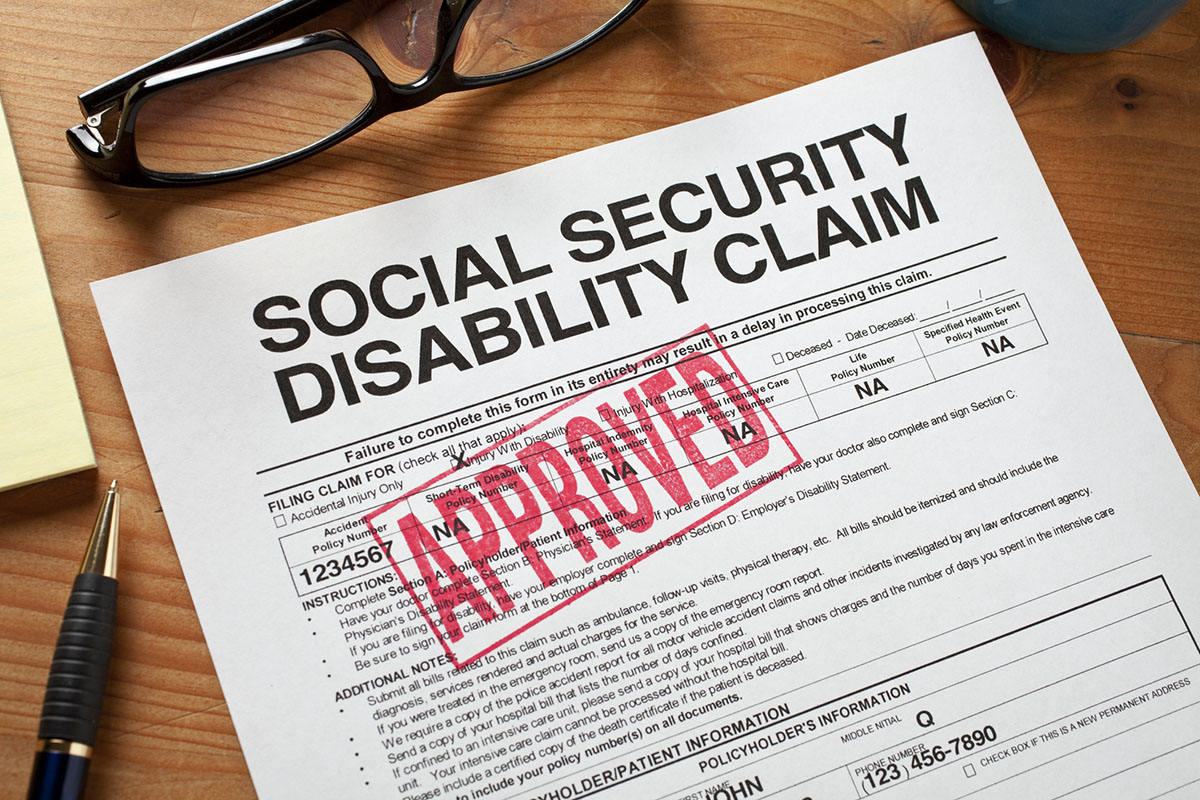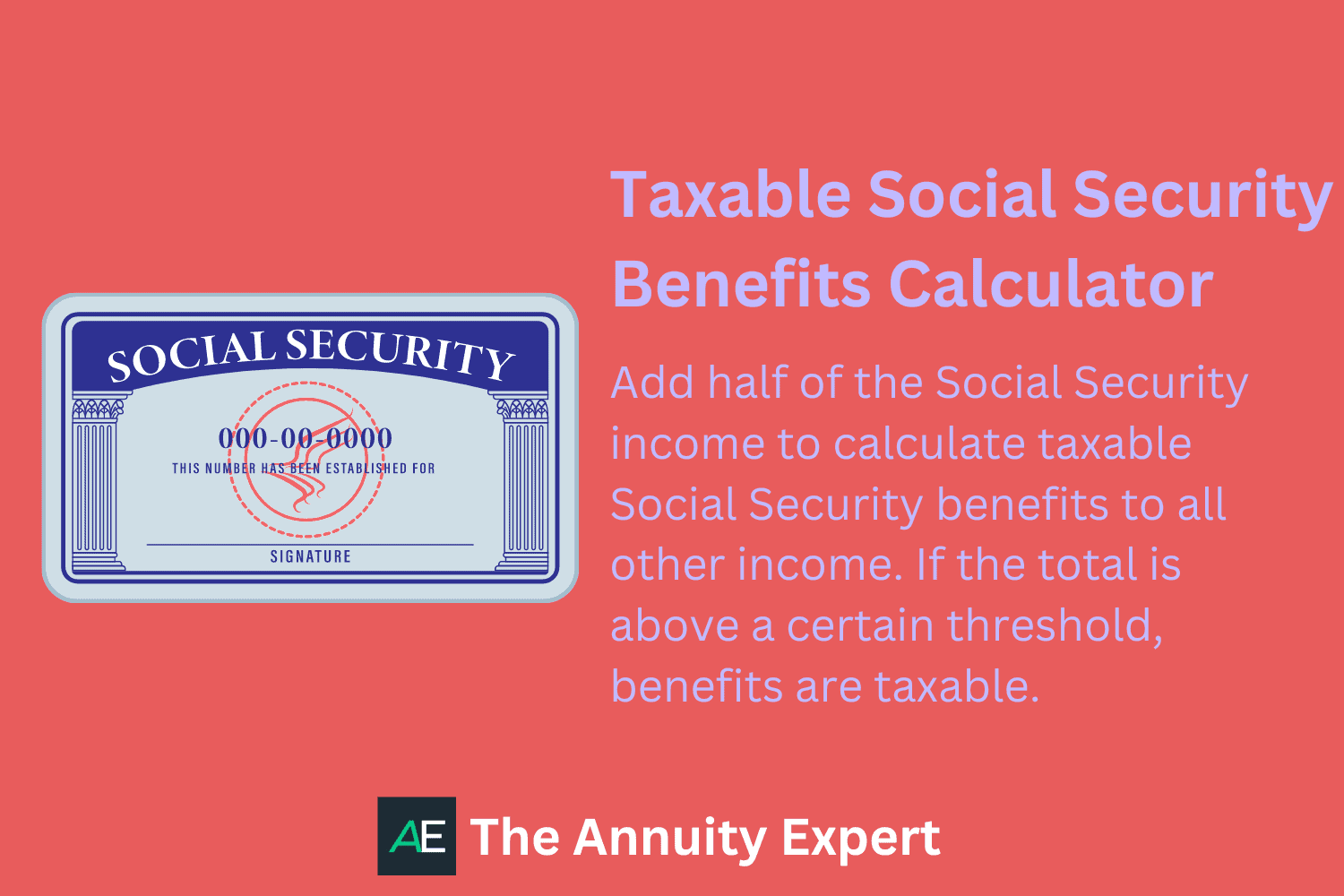Cash Advance For People On Social Security

The allure of quick cash can be especially strong for individuals relying on Social Security benefits, who often face fixed incomes and unexpected expenses. Cash advance products, marketed under various names, promise immediate access to funds, but their accessibility can mask significant risks. For seniors and disabled individuals, understanding the true cost and potential consequences is paramount to avoiding financial hardship.
This article delves into the complex world of cash advances targeted at Social Security recipients. It explores the mechanics of these loans, the regulations (or lack thereof) surrounding them, and the alternative options available. We aim to provide a balanced perspective, drawing on expert opinions and data from reputable organizations to equip readers with the knowledge to make informed financial decisions.
The Mechanics of Cash Advances for Social Security Recipients
Cash advances, also known as payday loans or SSI loans, are short-term, high-interest loans designed to be repaid upon the borrower's next receipt of Social Security benefits. These loans are typically offered by online lenders or storefront businesses that specialize in providing financial services to individuals with limited access to traditional banking.
The application process often involves providing proof of Social Security income, bank account details, and identification. Loan amounts are usually small, ranging from a few hundred to a few thousand dollars, but the fees and interest rates can be exorbitant.
A Consumer Financial Protection Bureau (CFPB) report found that the average payday loan carries an annual percentage rate (APR) of nearly 400%. This means that a borrower could end up paying significantly more in interest and fees than the original loan amount.
Regulatory Landscape and Potential Pitfalls
The regulation of cash advance loans varies by state. Some states have strict usury laws that cap interest rates, while others have more lenient regulations or no regulations at all.
This lack of uniform oversight creates opportunities for predatory lending practices. These include excessive fees, hidden terms, and aggressive collection tactics.
The National Council on Aging (NCOA) warns that seniors are particularly vulnerable to these scams due to cognitive decline, social isolation, and a lack of financial literacy. Predatory lenders may target seniors with misleading advertisements and aggressive sales pitches, exploiting their vulnerabilities for financial gain.
Debt Traps and Spiraling Financial Distress
One of the most significant risks associated with cash advances is the potential for debt traps. Because these loans are short-term and high-interest, borrowers often struggle to repay them on time. This can lead to rollovers or renewals, where the loan is extended for another period, incurring additional fees and interest charges.
Over time, the debt can spiral out of control, making it increasingly difficult for borrowers to escape.
"The debt trap is a real concern," says Professor Susan Weimer, a financial literacy expert at the University of California, Berkeley. "People think they are borrowing a small amount to cover an emergency, but they end up owing much more than they initially borrowed."
Delinquency on cash advance loans can also damage credit scores, making it more difficult to obtain other forms of credit in the future. This can further limit financial options and trap borrowers in a cycle of debt.
Alternatives to Cash Advances for Social Security Recipients
Fortunately, there are several alternatives to cash advances that Social Security recipients can explore. These options may offer more favorable terms and less risk of financial hardship.
Social Security recipients should first contact their local Social Security Administration (SSA) office to inquire about benefit options. The SSA may be able to provide assistance or connect individuals with resources that can help with financial difficulties.
Many community organizations and non-profits offer financial assistance programs, such as food banks, rental assistance, and utility assistance. These programs can provide a safety net during times of financial hardship, reducing the need to resort to high-cost loans.
Exploring Government Assistance Programs
Supplemental Security Income (SSI) beneficiaries might explore programs like Temporary Assistance for Needy Families (TANF), offering short-term cash assistance.
The Low Income Home Energy Assistance Program (LIHEAP) can assist with energy bills, freeing up funds for other essential expenses.
Also, consider connecting with a local Area Agency on Aging for resources specific to seniors, including financial counseling and support services.
The Role of Financial Literacy and Education
Financial literacy is crucial for protecting Social Security recipients from predatory lending practices. Education empowers individuals to make informed financial decisions and avoid falling victim to scams.
The Financial Literacy and Education Commission (FLEC) offers resources and programs designed to improve financial literacy among seniors and other vulnerable populations.
These programs cover topics such as budgeting, debt management, and fraud prevention. Accessing these resources can equip individuals with the knowledge and skills they need to manage their finances effectively and avoid predatory lending practices.
Moving Forward: Protecting Social Security Recipients
Protecting Social Security recipients from the dangers of cash advances requires a multi-faceted approach. This includes stronger regulations to curb predatory lending practices, increased funding for financial literacy programs, and greater awareness of alternative financial options.
Advocacy groups and consumer protection agencies play a vital role in raising awareness about the risks of cash advances and advocating for stronger consumer protections.
By working together, policymakers, advocacy groups, and financial institutions can create a more equitable and secure financial landscape for Social Security recipients, ensuring they are not exploited by predatory lenders and can maintain their financial stability.


















